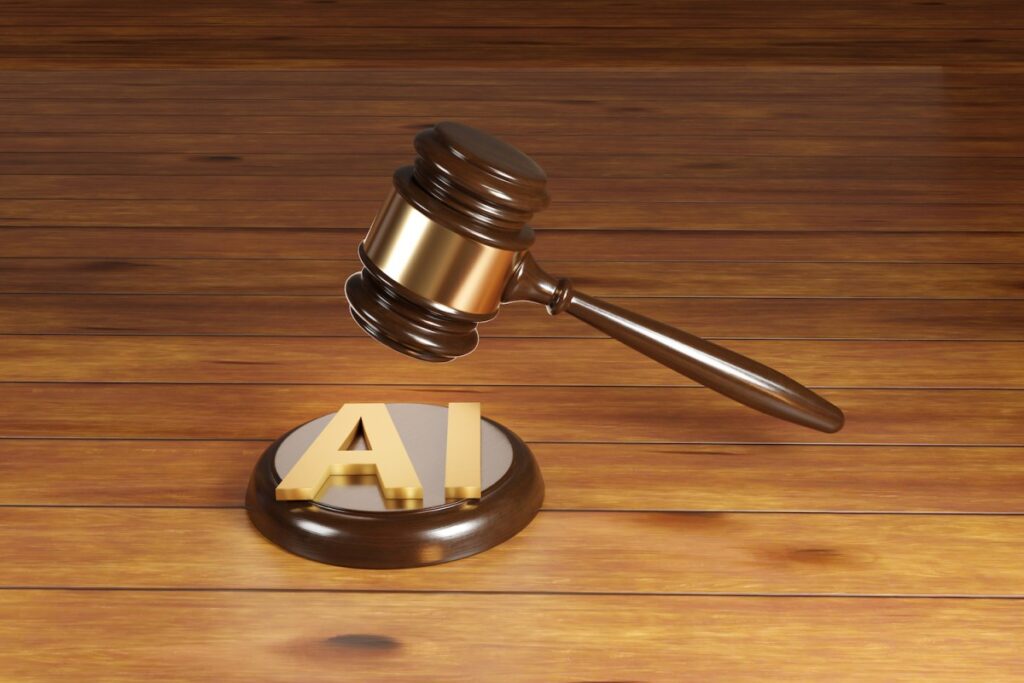The Importance of Ethical Use of Artificial Intelligence in Legal Practice
According to a recent ruling by the High Court of England and Wales, it is crucial for lawyers to take proactive measures to prevent the misuse of artificial intelligence tools in their work. Judge Victoria Sharp emphasized the limitations of generative AI tools like ChatGPT, stating that they are not reliable for legal research. While these tools can provide seemingly coherent responses, they may be inaccurate and lead to misleading conclusions.
Despite the potential benefits of AI in legal research, Judge Sharp highlighted the professional responsibility of lawyers to verify the accuracy of AI-generated information before incorporating it into their work. She expressed concern over instances where lawyers, including those representing major AI platforms, have cited false information generated by AI tools in court filings.
One case cited by Judge Sharp involved a lawyer who submitted a filing with numerous citations, many of which were found to be non-existent or irrelevant. In another case, a lawyer referenced nonexistent cases in a court filing related to an eviction case. While the court refrained from initiating contempt proceedings in this instance, Judge Sharp underscored the gravity of not upholding professional obligations.
Judge Sharp emphasized the potential consequences for lawyers who fail to meet their duties to the court, ranging from public reprimand to legal sanctions or even police involvement. Both lawyers involved in the cited cases were either reported to or reported themselves to professional regulatory bodies for further investigation.
It is essential for legal professionals to exercise caution when utilizing AI tools in their practice and to uphold ethical standards to avoid potential repercussions. By ensuring the accuracy and reliability of AI-generated research through verification and reference to authoritative sources, lawyers can maintain the integrity of their work and uphold their professional obligations.

